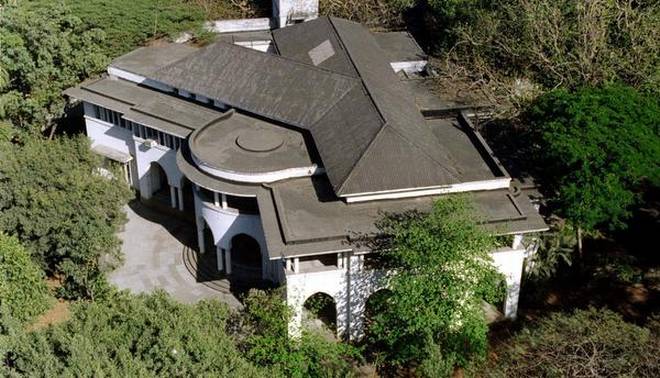One of the more intriguing laws in the Constitution of India is the Enemy Property Act of 1968. This particular law corresponds to the circumstance of the presence of foreign, enemy territory which falls inside the national boundaries. The property in question must belong to persons or an individual who is a citizen or sympathizer of any country which is considered an aggressor against India.
A recent occurrence which falls under the purview of this act is the hue and cry raised by Karnal MP Ashwani Kumar, who was vocal about his stance against the existence of the house of Mohammed Ali Jinnah. The house is located in the popular and affluent residential area of Mumbai; Malabar Hills. Jinnah, who is considered by most as the most influential force behind the campaign which led to the separation of India and Pakistan, incontestably falls in the definition of the enemy of the country.
The house, originally built and occupied by Jinnah in 1936, is probably most known for hosting the conferences between Mahatma Gandhi and Jinnah where they supposedly discussed the grit of the inevitable partition.
The mansion has been the epicentre of a recent political agenda by BJP ministers who, in the frenzy of Hindu nationalism have relentlessly demanded its demolition. However, the Minister of State for Home affairs, in a sober reply, clarified that the house is an “evacuee property”, i.e., the property of persons who had hastily migrated from the country in the violent aftermath of the partition. He further stated that the house is the property of the Government of India as acquired as an escheat. Demolition of the property is not a likely scenario in the near future.
Possibly the most unwelcome and unlikely suggestion came from the country of Pakistan, who claimed the ownership of the property and demanded it back.
Courtesy/By: Utkarsh Yadav
|
18 Aug 2018

